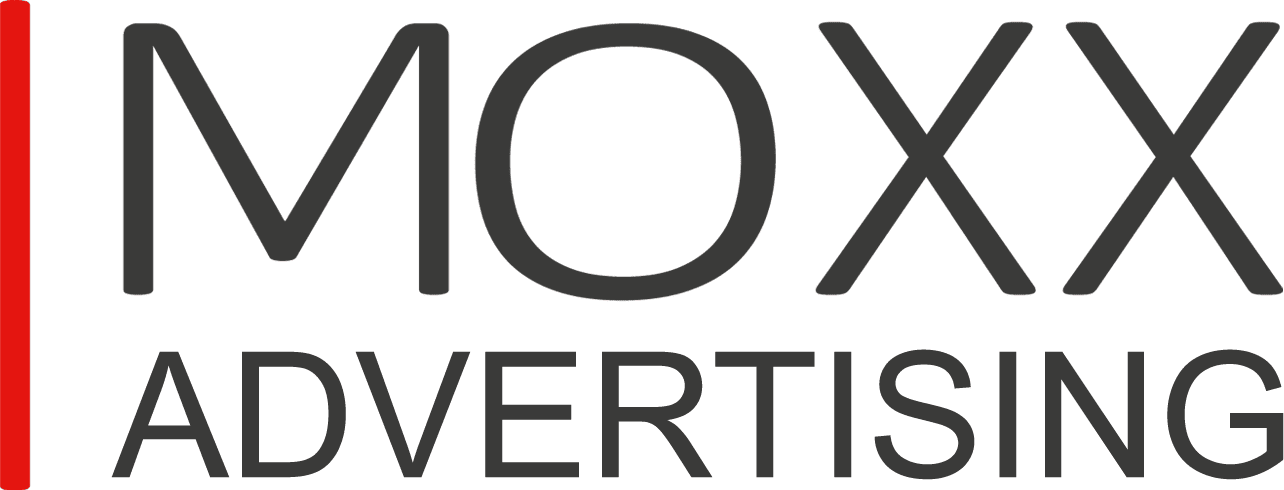What is digital marketing?
All about digital marketing
The term digital marketing refers to the strategy of selling and promoting products, services, and brands using various digital channels and tools in the online environment. This type of marketing relies on the use of electronic devices and online platforms to communicate with the target audience.
Digital marketing encompasses various strategies and tactics, including website optimisation for search engines (SEO), social media marketing, content marketing, email marketing, paid advertising (such as Google AdWords or Facebook ads), video content marketing, data analysis, and management, among many others.
The goal of digital marketing is to increase the visibility of products or services, attract potential customers, improve audience engagement, and increase conversion (such as sales). This type of marketing is particularly crucial in the modern world, where the internet plays a significant role in people’s daily lives. For this reason, all digital agencies strive to provide their clients with the best they can offer.
What's included in digital marketing – optimisation and design
Digital marketing involves not only strategies for attracting and engaging potential customers but also the optimisation and design of websites and other digital assets to improve user experience and achieve better results. Here are some aspects of optimisation and design in digital marketing:
Website optimisation (SEO – Search Engine Optimisation): This is the process of optimising your website to improve its visibility in search engine results like Google. SEO includes keyword optimisation, technical optimisations, improving website loading speed, and other factors.
Adaptive design: Websites should be designed to adapt and look good on different devices and screens, such as computers, smartphones, and tablets. This is called responsive design, and it is essential for maintaining a good user experience.
Content and design: Website design and content should be coordinated and appealing to users. Graphics, texts, images, and videos should work together to provide a clear message and capture attention.
Use of Call-to-Action (CTA) buttons: Including CTA buttons on your website is crucial for directing users to desired actions, such as purchasing a product, registering, or contacting you.
Analysis and testing: Optimisation and design are improved through data analysis and testing of different elements on the website. A/B testing, structured data markup, and analysis of user behaviour can help determine best practices and improvements.
Loading speed: Websites with faster loading times usually have better results in search engines and user experiences. This aspect of optimisation is of paramount importance.
Тargeting and retargeting
Targeting and retargeting are two important strategies in the field of digital marketing that are implemented by all marketing agencies. They are used to reach specific audiences and keep in touch with potential or existing customers.
Targeting:
Defining the target audience: Targeting begins with defining a specific group of people based on demographics, geography, or behaviour that you want to reach with your marketing messages.
Using advertising channels and tools: Once you have identified your target audience, you can use various advertising channels and tools to reach them. This includes social media, advertising networks, search engines, email, and more.
Personalised messages: A crucial part of targeting is creating personalised messages and ads tailored to the specific audience. This increases the effectiveness of marketing efforts.
The above strategies are employed by digital marketing agencies. When done correctly, results are evident in a relatively short period.
Retargeting:
Principle of retargeting: Retargeting is based on the idea of directing advertising messages to people who have already interacted with your brand or website. This is achieved by showing ads to them when they visit other websites or social media.
Use of cookies: To function, retargeting uses cookies that track user activity on the internet. This allows marketing platforms to identify visitors who have been to your website and show them ads on other sites.
Generating interest and encouraging actions: Retargeting can help rekindle the interest of users who have left your page without taking the desired action, such as making a purchase or registering.
In summary, targeting is used to attract a new audience, while retargeting is used to maintain a connection with existing users and encourage the completion of desired actions. These two strategies are often combined in comprehensive marketing campaigns to achieve better results and increase return on investment (ROI).
Every digital marketing agency invariably utilises these two principles.
What is affiliate marketing?
Affiliate Marketing is a form of digital marketing where individuals or companies, known as affiliates, collaborate with another brand or business to promote its products or services and receive compensation for successful sales, clicks, or other desired actions performed by the users attracted through the affiliate’s efforts.
The main participants in the affiliate marketing model are usually:
Merchants (Traders): These are businesses or brands offering products or services and seeking to promote them through affiliate marketing. They create affiliate programs, offering commission rates and tools to affiliates.
Affiliates: Individuals or companies that register for merchant affiliate programs and promote their products or services through various methods such as websites, social media, blogs, email marketing, and others.
Affiliate marketing platforms: These platforms provide tools and infrastructure to connect merchants and affiliates. They track affiliate activity and rewards, managing transactions between the parties.
The affiliate marketing process typically involves the following steps:
Affiliate registration: Individuals or companies register as affiliates in the merchant’s program.
Selection of products or services: Affiliates choose the products or services they want to promote and generate unique affiliate links.
Promotion and marketing: Affiliates use various methods to promote the merchant’s products or services to their audience. This may include creating content, publishing ads, sending emails, and more.
User attraction: Affiliates work to attract users and direct traffic to the merchant’s website through affiliate links.
Registration and sales: If users directed by affiliates perform desired actions such as making a purchase or registering, the merchant pays a commission to the affiliate.
Affiliate marketing is a popular model because it provides benefits for both merchants, who can increase visibility and sales, and affiliates, who can generate income without owning or developing their own products or services.
What is direct advertising or direct marketing?
Direct Marketing is a marketing strategy in which companies or marketers communicate directly with consumers or potential customers, often through personalized messages or offers. This form of marketing aims to stimulate immediate responses from recipients, such as purchases, registrations, subscriptions, and other specific actions.
Here are some common characteristics and methods of direct marketing:
Personalisation: Direct marketing focuses on providing personalized messages tailored to the specific interests, needs, and behaviors of individual recipients. This may include sending personalized emails, letters, ads, and other messages.
Use of various channels: Direct marketing can be carried out through various channels, including email, direct mail, phone calls, social media, SMS messages, faxes, and others.
Accountability and results tracking: Direct marketing campaigns are carefully monitored and evaluated to measure their effectiveness. This type of marketing often includes specific “call to action” elements that motivate recipients to act, and the response is measured.
Audience segmentation: Companies aim to segment their audience and direct marketing efforts toward specific groups of customers or users who are more likely to be interested in the offered products or services.
Delivery of value and offers: Direct marketing relies on providing valuable offers that motivate consumers to respond. These offers may include discounts, special deals, free samples, and more.
Compliance with privacy rules and regulations: When using direct marketing, companies must adhere to privacy rules and comply with legal and regulatory requirements related to marketing and data protection.
Direct marketing is an effective method for reaching a target audience and stimulating their actions, while simultaneously allowing for result measurement and optimization of marketing strategies. This type of marketing is widely used in business and has numerous applications across various industries.
Google Partners Program – What it Ii and how to use it?
The Google Partners program is an initiative aimed at marketing agencies or digital agencies working with Google advertising products such as Google Ads and Google Analytics. This program provides training, resources, and tools to help marketing professionals enhance their skills and deliver better services to their clients.
Here are some key aspects of the Google Partners program:
Training and certifications: The program offers training and certification opportunities in areas such as Google Ads, Google Analytics, and others. Professionals can earn certificates that validate their knowledge and skills in the field of Google advertising platforms.
Business development resources: Google Partners provides tools and resources to help marketing agencies expand their client base and grow their businesses. This includes marketing materials, statistical information, and access to client reviews and ratings.
Support and expert advice: The program grants access to teams of Google experts who can consult and assist marketing agencies in solving complex tasks or challenges.
Special events and training sessions: Google Partners organises a series of events and training sessions where participants can learn about new features and trends in Google Ads, as well as exchange experiences and ideas with other professionals.
Preferences and bonuses: Some digital agencies participating in the program may qualify for special offers and bonuses provided by Google.
To become part of the Google Partners program, you need to fulfil certain requirements, including obtaining certifications in Google Ads and achieving a specific advertising budget volume. The program serves as a tool for professional development and improvement of marketing skills and is open to marketing agencies and professionals worldwide.
In summary, we’ve extensively covered the ways in which you can benefit from digital marketing.




